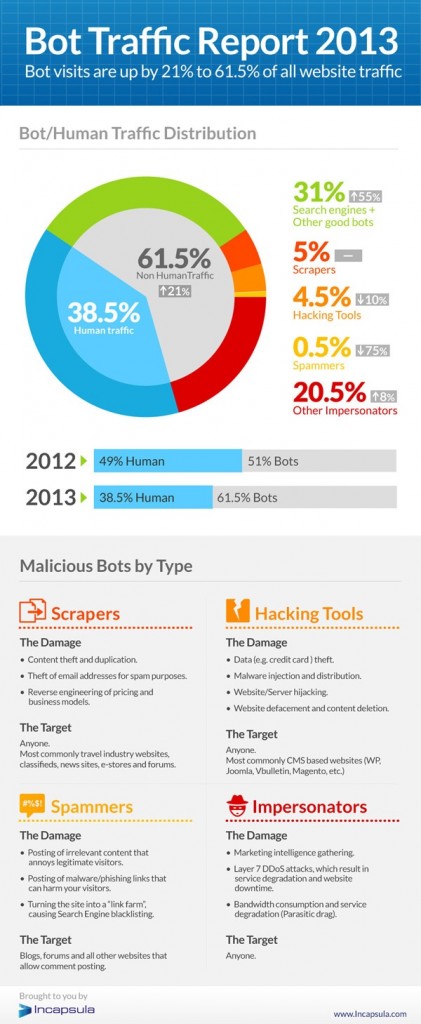In “Climate change as a cultural and behavioral issue: Addressing barriers and implementing solutions” Andrew J. Hoffman draws a very timely analogy –
Looking at Climate Change through the parallel of slavery:
“Climate change today still resides in the ‘pre’ social fact phase, awaiting public acceptance. But just how big a shift will this be? To that point, I turn to the abolition of slavery.
In short, the magnitude of the cultural and moral shift around climate change is as large as that which accompanied the abolition of slavery. Adam Hochschild, in his book Bury the Chains, makes the startling point that in the 18th century more than 75% of the world’s population was in slavery or serfdom. Humans were a primary source of energy and wealth, particularly for the dominant world power, Great Britain. Hochschild points out that “if you stood on a London street corner and insisted that slavery was morally wrong and should be stopped, nine out of 10 listeners would have laughed you off as a crackpot.” Abolition would lead to a collapse of the economy and their way of life. Abolitionism was a challenge to the underlying beliefs upon which the Empire was built. At the time, few people saw a moral problem with this critical institution. People simply did not believe, as we do today, that all people have a right to freedom and equality. Slavery was seen as the natural order of things, unquestioned and even supported by many through the words of the Bible. It took roughly 100 years to abolish slavery in the British Empire, and Hochschild points out that, by the end of the 19th century, slavery was, at least on paper, outlawed almost everywhere.
Now, flash forward to today. We live in a fossil fuel-based economy. Fossil fuels are our primary source of energy and support our entire way of life. As scientific evidence mounts that this critical institution is causing changes to the global climate, we are faced with a technological and social dilemma. Calls to end our dependence on fossil fuels are being met with the same kind of response as did calls to end our dependence on slavery: such a move would wreck the economy and the way of life that is built upon it. If you stood on a New York City street corner and insisted that burning fossil fuels was morally wrong and should be stopped, listeners would laugh you off as a crackpot. There is a vast physical infrastructure that depends on oil, and it cannot be simply replaced without great disruption. Abolition of the primary source of energy in the world is out of the question, both socially and technologically.
Just as few people saw a moral problem with slavery in the 18th century, few people in the 21st century see a moral problem with the burning of fossil fuels. Will people in 100 years look at us with the same incomprehension we feel toward 18th-century defenders of slavery? If we are to address the problem adequately, the answer to that question must be yes; our common atmosphere will no longer be seen as a free dumping ground for greenhouse gases and other pollutants. But this value shift will require humankind to come to terms with a new cultural reality.
The first piece of this reality is that humankind has grown to such numbers and our technologies have grown to such a capacity that we can, and do, alter the Earth’s ecological systems on a planetary scale. It is a fundamental shift in the physical order – one never before seen, and one that alters the ethics and morals by which we judge our behavior as it relates to the environment around us and to the rest of humanity that depends on that environment.
The second piece of that reality is that we share a collective responsibility and require global cooperation to solve it. The coal burned in Ann Arbor, Shanghai or Moscow has an equal impact on the environment we all share. The kind of cooperation necessary to solve this problem is far beyond anything we, as a species, have ever accomplished before. International treaties to ban land mines or eliminate ozone-depleting substances pale in comparison. Looking at climate change through the parallel of slavery helps us to see the magnitude of the issue before us.”
Excerpt from: Hoffman, A. (2010) “Climate change as a cultural and behavioral issue: Addressing barriers and implementing solutions,” Organizational Dynamics, 39 (4): 295-305.
read the full pdf here






